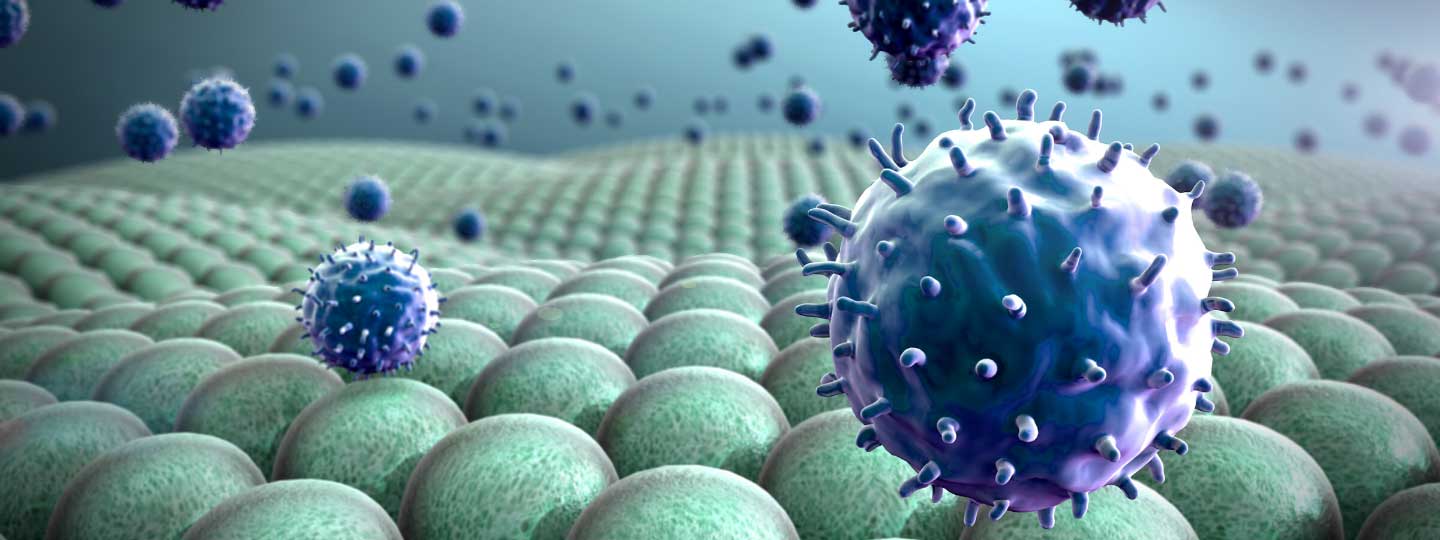Discovering a new joint cell offers hope for people with RA
29 June 2020
Although treatment for rheumatoid arthritis has improved, some people with the condition don’t respond well, with many having unpredictable ‘flare-ups’ of the disease.
Researchers have now found a key to developing new treatments to cure the pain of rheumatoid arthritis in the joints of people with the condition who are in long-term remission.
Research published in Nature Medicine, which was led by the University of Glasgow in collaboration with the Versus Arthritis funded Research into Inflammatory Arthritis Centre (RACE) and IRCCS Fondazione A.Gemelli in Italy, has found that people in long-term remission had a difference in cell function which could settle inflammation and ‘teach’ nearby cells to repair the joint. These cells are known as ‘resolving’ cells.
Harnessing the benefit of ‘resolving’ cells to improve treatments
The study looked at high resolution images of the joints of people with rheumatoid arthritis in long-term remission. The researchers found that the membrane that protects and lubricates their joints appeared normal, in contrast to the inflamed swollen joints of severe arthritis.
The researchers found a crucial difference in the functions of cells called macrophages. In active arthritis these macrophages arrived from blood and caused inflammation and joint damage. Whereas people in long-term remission had a different type of macrophage that could resolve inflammation and instruct adjacent cells to repair the joint.
Scientists now hope that by harnessing the benefit of these ‘resolving’ cells it could lead to new and more effective treatments for people with rheumatoid arthritis.
It's also possible the same resolving mechanisms could be applied to treat other inflammatory joint diseases.
What does this means for people living with rheumatoid arthritis?
Despite improved treatments for rheumatoid arthritis there are still many people with the condition who live in persistent pain because they don’t respond to new therapies.
Tackling inflammation early and effectively is the surest way to ensure that joint damage is kept to a minimum and people can lead full and active lives.
By finding the exact immune cells present when people with arthritis go into remission after successful treatment, we have a potential key to open up a future world where people can move swiftly from the persistent pain caused by arthritis to treatments that work best for them.
Read more about our research
We’ll keep you posted on progress and updates. In the meantime, find out more about our research.
We’re here for you
- If you would like to talk to someone, you can call our free helpline on 0800 5200 520 (Monday to Friday, 9am to 6pm)
- Chat to our Arthritis Virtual Assistant, using the blue icon in the bottom right corner of this page.
- Join our online community
- Stay in touch and follow us on Twitter, Facebook and Instagram.